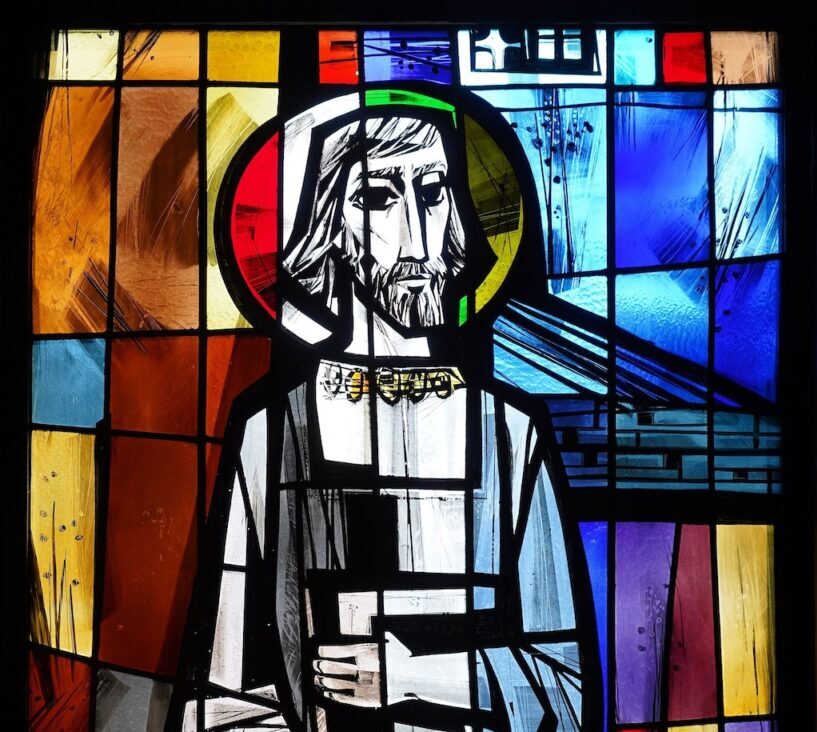My mind has been focused on work a lot lately. That’s probably because in seven of our eight adult children’s households, someone has been looking for a new job!
Most of us have a list of checkboxes when it comes to what we do and where. We hope to find something that is challenging but not overwhelming, meaningful but not pressured, ethical but not boring, creative but not unstable, enjoyable but pays enough to take care of our needs — and at least some of our wants. And, we want to work with other people who are competent but not competitive, friendly but not intrusive, flexible but not unpredictable and sociable but not dramatic.
But what if work is more than just a way to make a living? What if God wants to use our work to sanctify us, that is, to make us holy? And what if our biggest struggle about work comes down to learning how to see it as one of God’s blessings?
Those kinds of considerations lie behind the church’s nod to St. Joseph the Worker on May 1. Sure, the feast day was initially established in 1955 by Pope Pius XII as a Christian counter narrative to Communist May Day observances. But drawing our attention to the example of St. Joseph has the potential to lead us down a completely different path of reflection about work, one that can change how we think about it.
It’s easy to get caught in the notion that work is a necessary evil, the result of original sin. That can happen when we recall God’s words to Adam and the woman after they sinned: “Cursed is the ground because of you; in toil you shall eat of it all the days of your life; …By the sweat of your face you shall eat bread until you return to the ground, for out of it you were taken” (Gen 3:17, 19).
In the gravity and drama of that scene, it’s easy to forget what life was like in the garden before the fall. But if we turn back a few pages, however, it becomes clear that Eden was not an all-inclusive resort, and human life was not intended to be a vacation. “The Lord God took the man and put him in the garden of Eden to till it and keep it” (Gen 2:15). God worked in the act of creation, and the human beings he endowed with his image were always meant to do likewise. The work of tilling and keeping isn’t easy. (Ask any farmer.) But it is a blessing, not a curse.
In recent times, no one has given us a more developed Christian understanding of work than St. Josemaría Escrivá, the founder of Opus Dei. He never minced words: “Work is man’s original vocation. It is a blessing from God, and those who consider it a punishment are sadly mistaken.”
That is because work is something we share with God. When we work, we exercise the powers of agency and creativity God gave us. We cultivate and build, prepare and structure. We synthesize, analyze and organize as God himself does in the universe he created, cares for, and continues to hold in being. Our work gives us the opportunity to co-create, co-care, and co-operate with God.
Work provides a way to glorify and serve God. But even more, God does not distance himself or stand aloof from our work any more than he does from his own. When we fully absorb this truth, we begin to understand that work is an ordinary and daily means of encountering God.
St. Josemaría articulates this beautifully: “You must realize now, more clearly than ever, that God is calling you to serve him in and from the ordinary, secular, and civil activities of human life. He waits for us everyday, in the laboratory, in the operating room, in the army barracks, in the university chair, in the factory, in the workshop, in the fields, in the home, and in all the immense panorama of work.”
Job searches and the Memorial of St. Joseph the Worker remind us that work isn’t incidental or adjacent to our spiritual life. Our labor is integral to how God works in and through us, and, unless it involves sin, all work is God’s work.

